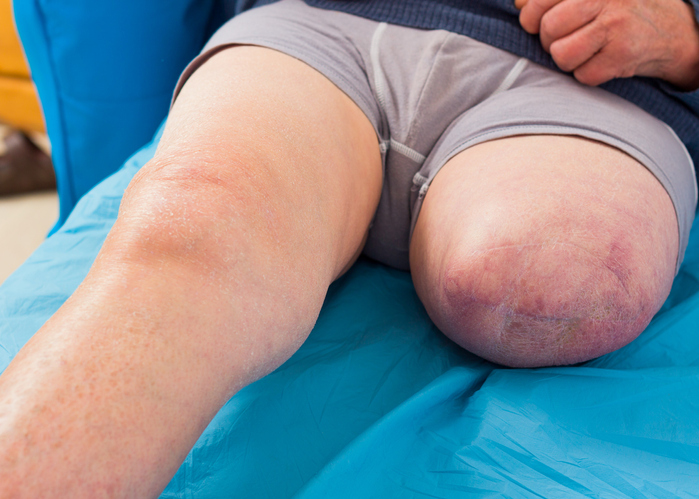Pain
What Are Genetic Disorders?

A genetic disorder is a medical condition that occurs when there is a mutation or change in one or more of an individual’s genes. The mutation can be passed down from one or both parents and is apparent at birth or develops during the person’s lifetime. Some genetic disorders develop due to a combination of genetics and environmental or lifestyle factors.
Types of genetic disorders
Genetic disorders are categorized into three types:
- Single-gene disorders
These disorders affect one gene. Examples include sickle cell disease and fragile X syndrome. - Chromosome disorders
When chromosomes are missing or changed at conception or during fetal development, a chromosome disorder results. Examples of chromosome disorders include Down syndrome and Turner syndrome. - Complex disorders or multifactorial genetic inheritance disorders
These disorders are caused by mutations in multiple genes; in some cases, lifestyle or environmental factors contribute to their development. Examples include breast or colon cancer, heart disease, and diabetes.
Approximately 6,000 genetic disorders have been identified.
What are the signs and symptoms of genetic disorders?
The signs and symptoms of genetic disorders widely vary, depending on the specific disorder. Some disorders can be identified during fetal development. Other disorders are identified at different stages of life through genetic testing.
What causes genetic disorders?
Genetic disorders are either dominant or recessive. If the disorder is dominant, the child needs to receive only one copy of the affected gene from either parent to be affected by the disorder. If the disorder is recessive, the child must receive a copy of the affected gene from each parent. It is possible for parents to be carriers of a disorder, meaning that they can pass down a mutation without having the disorder themselves.
What are the risk factors for developing a genetic disorder?
The primary risk factor for developing a genetic disorder is having a family history of the disorder. Environmental and lifestyle factors that can contribute to the development of genetic disorders include exposure to radiation, exposure to cancer-causing chemicals, such as cigarette smoke, an unhealthy diet, and lack of physical activity.


















